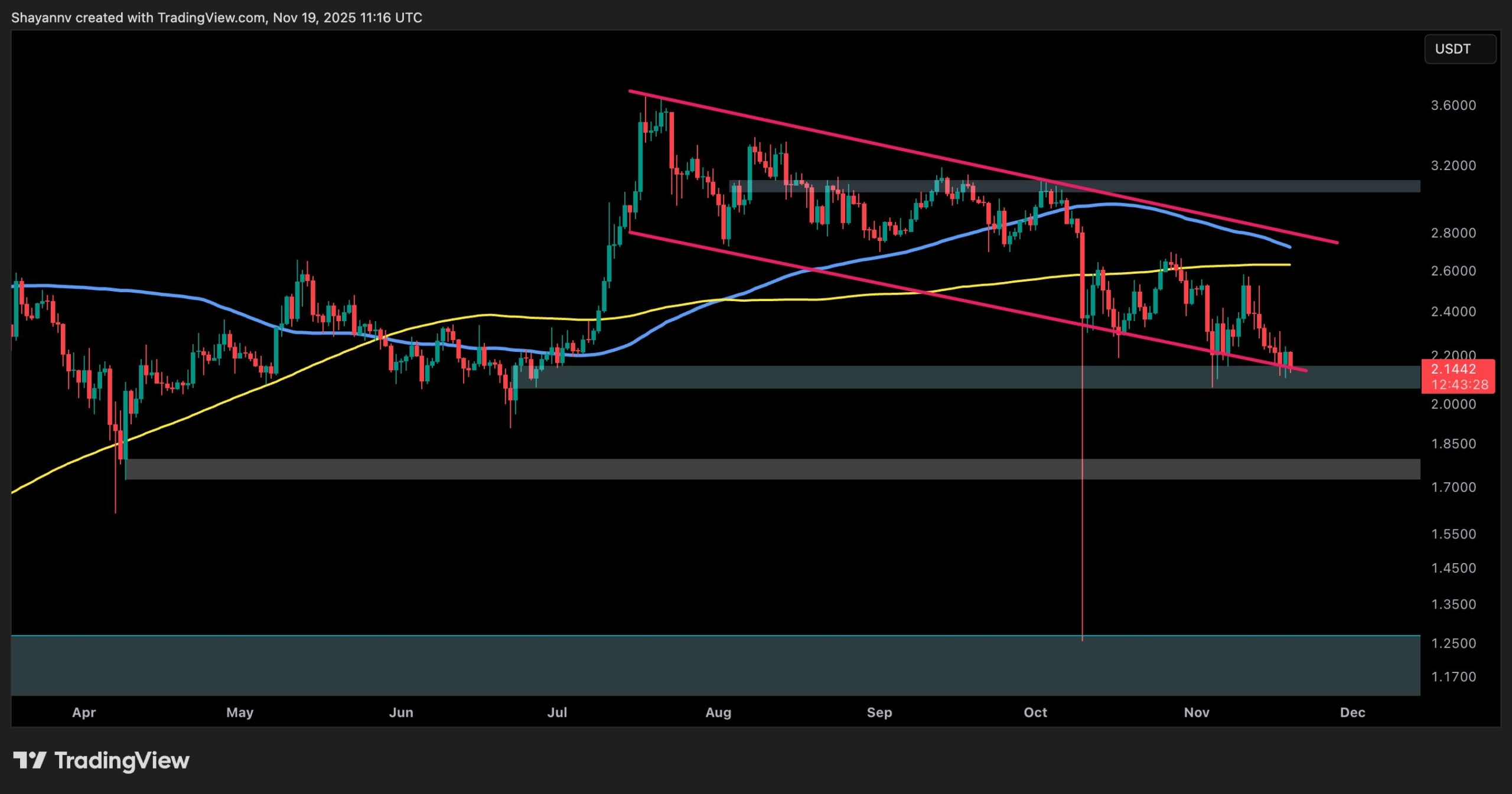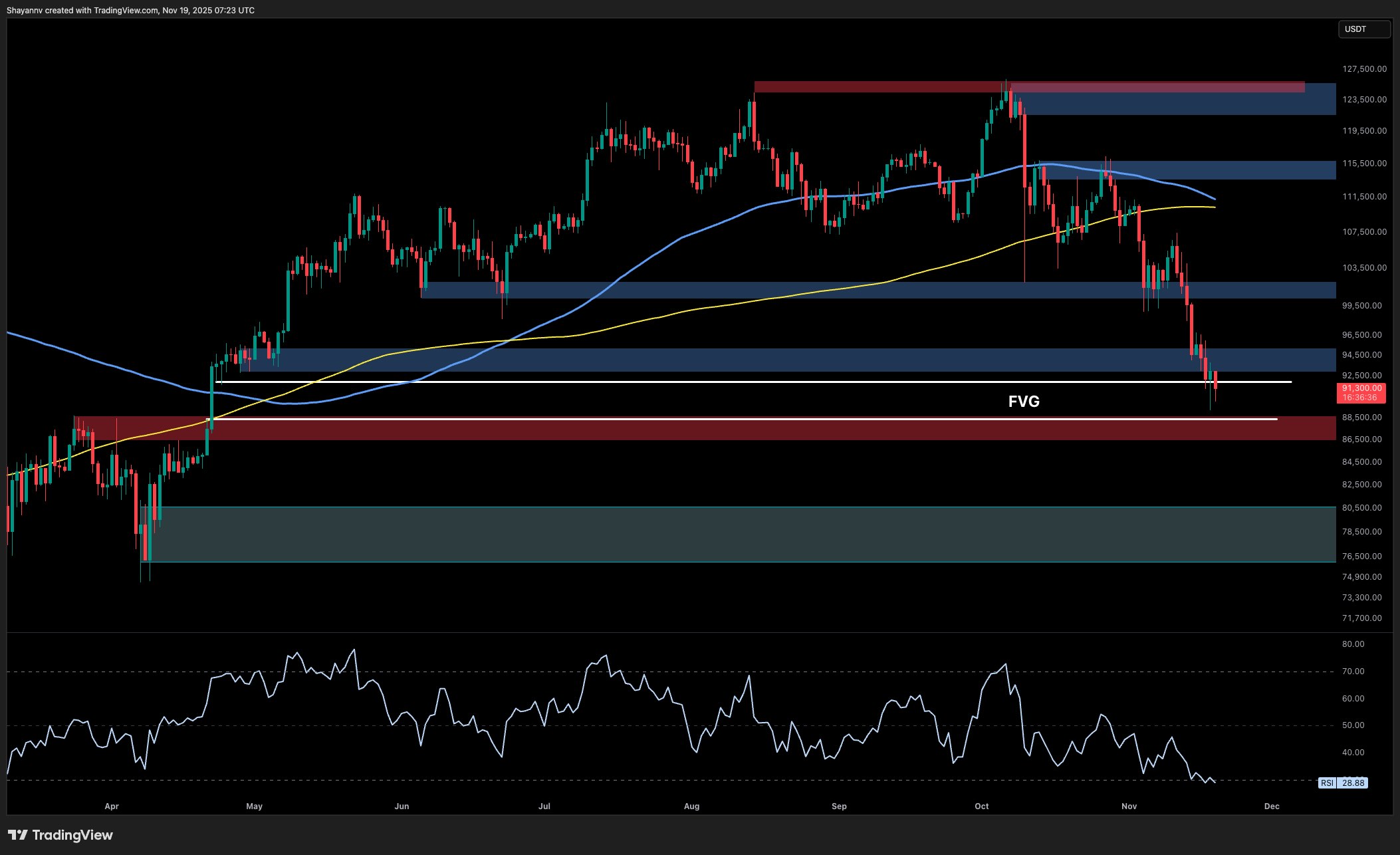Global bank regulators are preparing to revisit their most stringent crypto rules after the United States and the United Kingdom refused to implement them, a move that threatens to unravel the long-standing consensus of the Basel Committee.
In an interview with the Financial Times, Erik Thedéen, the governor of the Swedish central bank and chair of the Basel Committee on Banking Supervision (BCBS), said they may need a “different approach” to the current 1,250% risk weighting for crypto exposures.
According to global law firm White & Case, the application of the 1,250% risk weight means that credit institutions must hold their own funds of at least equal value to the amount of the respective crypto-asset exposure.
Under the existing framework, crypto assets issued on a permissionless blockchain, which includes stablecoins such as USDt (USDT) and USDC (USDC), receive the same 1,250% risk weighting used for the riskiest venture investments.
However, Thedéen acknowledged that the rapid growth of regulated stablecoins has changed the policy landscape. “What has happened has been fairly dramatic,” Thedéen told the Financial Times, adding that there is a strong increase in stablecoins and that the amount of assets in the system calls for a new approach.
“We need to start analysing. But we need to be fairly quick on it,” Thedéen added, floating questions over stablecoin risks and if there was an argument that could approach the assets in “a different way.”
Explicit resistance from major economies
The resistance felt from major economies is now more explicit. According to the FT report, the US Federal Reserve does not plan to implement the Basel crypto rules as written, with policymakers calling the capital charges unrealistic.
The Bank of England also signaled that it will not apply the framework in its current form. At the same time, the European Union has only partially implemented the 2022 standard, excluding key provisions that cover permissionless blockchains.
Citing anonymous sources, Bloomberg previously reported that the Basel Committee is preparing to revise its 2022 guidance next year to be more favorable to banks participating in crypto markets.
The report said that many banks interpreted the framework as a deterrent to engaging with cryptocurrency or stablecoin services.
The talks reportedly intensified as regulated stablecoins gained traction in the US, supported by US President Donald Trump and the passage of the GENIUS Act, which formally authorized the use of these assets in payments.
Stablecoin boom requires rethink of rules
Thedéen echoed the concerns in the FT report, saying that the increase in stablecoin adoption requires fresh analysis and a potentially more lenient stance.
However, he also said that reaching an agreement may be difficult as regulators are divided on core assumptions about crypto’s risk profile and the role of bank-issued digital assets.
“Going further than that at this point in time is difficult, because I’m the chair and there are so many different views in this committee,” he said
Related: Stablecoin panic could upend ECB policy, Dutch central bank governor warns
Widening split raises level-playing-field concerns
The divergence in policies creates a competitive imbalance for global banks. If EU banks remain bound by these mandates while the US and the UK operate under more lenient frameworks, the playing field becomes significantly tilted.
This imbalance would influence which jurisdictions can build bank-issued stablecoin products, tokenized deposits or even crypto custody solutions.
Magazine: 2026 is the year of pragmatic privacy in crypto: Canton, Zcash and more

 4 hours ago
2
4 hours ago
2
















 English (US) ·
English (US) ·